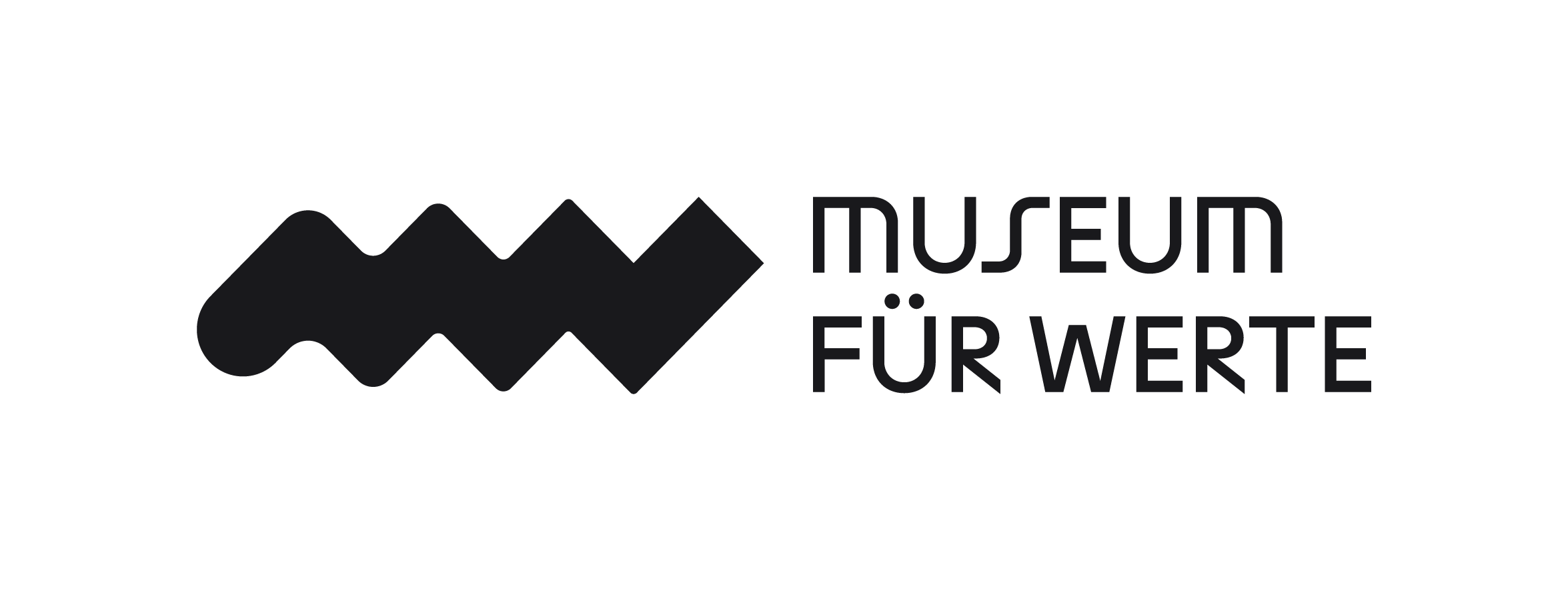Freedom, Youth and Politics: A Dialogue with Emily Vontz
Imagine you're in the middle of your studies and suddenly, big politics knocks on your door. That's exactly what happened to Emily Vontz. Initially hesitant, she entered the Bundestag as Heiko Maas's successor and is now the youngest member of parliament. In the Museum of Values' Dialogue, she shares what freedom means to her – a story that begins with a colorful ribbon and ends with the question of justice for all.
The link to the podcast .
A colorful ribbon: The personal symbol of freedom
When Emily Vontz thinks of freedom, she thinks of a colorful ribbon from rhythmic gymnastics. It has accompanied her through all phases of life. "When I think about when I felt truly happy or free, it was when I was doing rhythmic gymnastics," she explains.
This ribbon, which she painted herself, is more than just a piece of sports equipment for her. It's a symbol of creative expression, movement, and personal development—the freedom to be oneself.
Justice, movement, self-development: The three dimensions of freedom
From this personal feeling, Emily Vontz derives a clear political understanding of freedom that rests on three pillars.
1. Freedom through justice
For her, the issue is clear: "A society is only free if it is just." For her, this applies to key issues such as disability rights, children's autonomy, and women's rights. She sees the debate surrounding the decriminalization of abortion as an example of how laws can directly restrict freedom.
2. Freedom through movement
The ability to travel freely is a given for their generation, and one that must be protected. "Being able to travel to France without having to apply for a visa, visiting my girlfriend in Paris, living in this Europe without major borders – that is freedom."
3. Freedom through self-development
The third dimension is political self-determination. "Freedom means living in a country where I can express my opinion, where I can get involved as a young woman, where I can be a member of the Bundestag—something that's not possible in many countries around the world."
The reality in the Bundestag: Freedom within a fixed framework
How does this understanding of freedom fit with the structured daily routine of parliament? Emily Vontz sees this not as a contradiction, but as an exciting balance.
More than just a job: The burden of responsibility
The transition from student to parliamentarian has changed her perspective. "Before, I was able to maintain more distance from the world's problems. Now there are moments when I think: 'I share responsibility for this.'" It's a new form of responsibility that she sees as a mission.
The freedom to take care of yourself
Despite her busy schedule and while she's still writing her bachelor's thesis, she's clear: "For me, freedom also means having free time for myself." For her, the freedom to take a moment to take care of herself is a prerequisite for being able to do her demanding work well.
Conclusion: Freedom as a mandate for a fairer future
Emily Vontz's journey from rhythmic gymnastics to the Bundestag demonstrates how personal passion can become public service. Her perspective is a powerful appeal not to take freedom for granted. She sees her role as a mission, especially in the area of educational equality. "It still depends on how much money your parents have, how good your educational opportunities are."
Their presence in Parliament is an important signal: The representation of young people in the Bundestag can build bridges between generations and place the crucial questions of freedom and justice at the center of political discourse.
"A society is only free if it is just. We can only live in freedom if we improve on equality." - Emily Vontz




